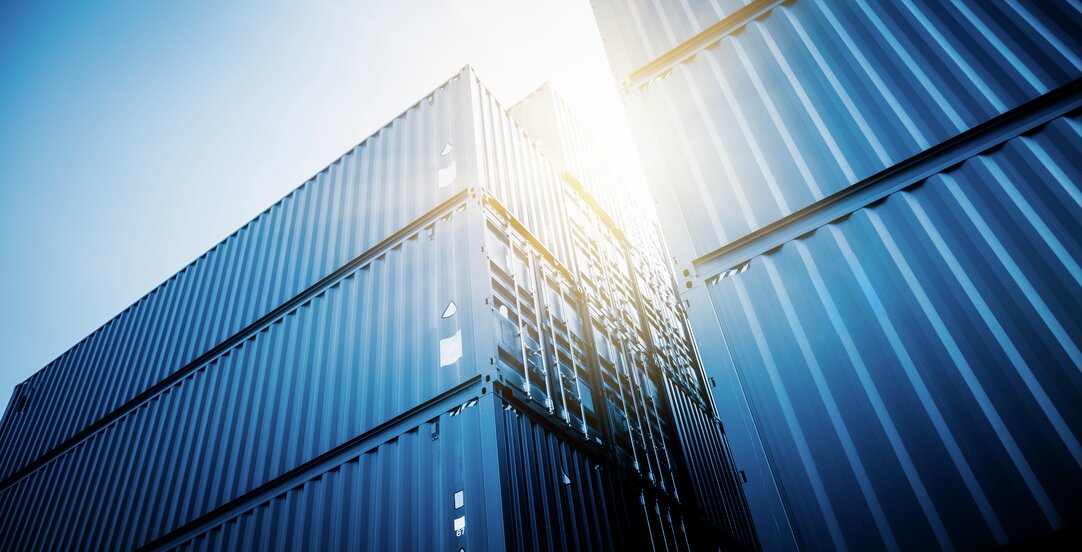US imposes secondary sanctions over Nord Stream 2

US imposes secondary sanctions over the Nord Stream 2 pipeline in Europe, currently under construction led by Russian state company Gazprom. The intention is to stop completion of the pipeline.
On 20 December 2019, President Trump signed into law the National Defence Authorisation Act for Fiscal Year 2020 (the "NDAA"). Section 7503 of the NDAA contains legal basis for imposing targeted secondary sanctions on vessels, entities and individuals determined to engage in the construction of the Nord Stream 2 pipeline. The sanctions aim to counter Russian aggression against Ukraine and to decrease what the US sees as significant European reliance on Russian natural gas, according to a fact sheet released by the US State Department.
Pursuant to Section 7503 of the NDAA, the US Secretary of State has 60 days from enactment to submit a report to Congress which will identify for sanctions (i) vessels that "engaged in pipe-laying" at depths of 100 feet or more below sea level for the construction of the Nord Stream 2 pipeline project and (ii) foreign individuals or entities that have either sold, leased or provided those vessels or facilitated deceptive or structured transactions to provide those vessels. Thus, the sanctions do not seem to target the investors or owners behind the pipeline, but rather, for example, the European vessels performing the construction work and the European specialist companies contracting these vessels.
The names identified in the above-mentioned report will be subject to sanctions. Sanctions may consist of inadmissibility to the United States, revocation of visas and freezing/blocking of all property of any person identified (provided that such property is or comes within US territory or within the possession or control of a US person). However, the NDAA allows for a grace period, giving persons and entities 30 days to wind down operations that would otherwise expose them to sanctions.
As the pipeline itself is near completion, and several companies involved in the construction had already wound down their operations at the time of enactment, the new sanctions are believed to have limited effect. Nevertheless, the Swiss-Dutch company Allseas Group, who was participating in the pipe laying using two vessels, has reportedly suspended its work on the pipeline in order to avoid US sanctions contained in the NDAA, which may potentially jeopardize the pipeline's planned completion date. That being said, Russian officials claim that there are alternative options for finishing construction. Reportedly, Russian Prime Minister Medvedev thus expects the pipeline to be completed in a matter of months.
*****
WR Sanctions Alerts provide you with updates on material developments in the country-specific sanctions programs implemented by the US, the UN, the UK, the EU and Norway. We will not provide updates on mere prolongations, without material changes, of existing sanctions programs, nor on any listings or de-listings of individuals/entities placed on implemented sanctions lists . Please note that the WR Sanctions Alerts are provided as general information and do not constitute legal advice.
